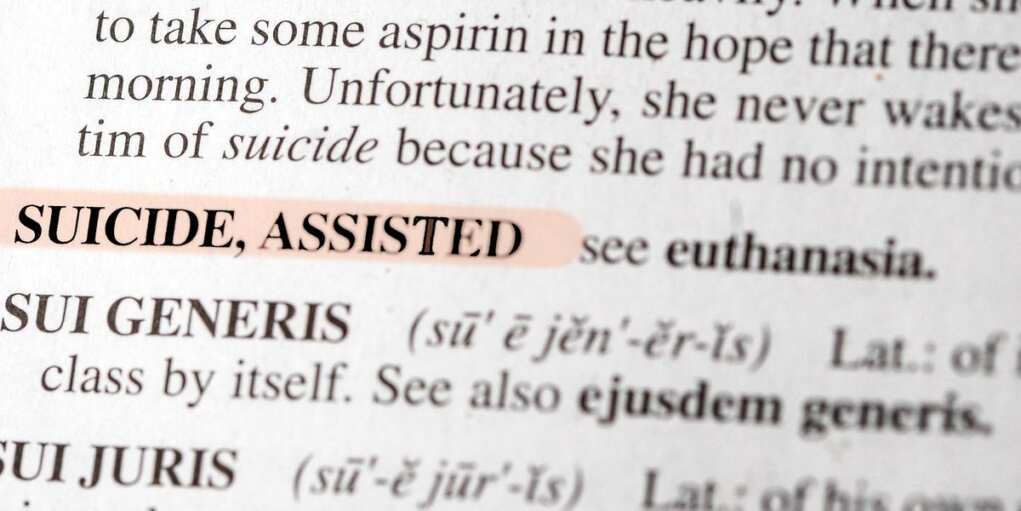Democrats Push Through Assisted Suicide Bill

New York is on the verge of a major moral and legal shift—and critics say it’s a dangerous one.
The state Senate passed a bill Monday that would legalize physician-assisted suicide for terminally ill patients, sending it to Democrat Governor Kathy Hochul’s desk for final approval. If signed into law, New York would become the 12th state to allow doctors to prescribe lethal drugs to patients deemed to have six months or less to live.
The vote passed 35–27, with six Democrats crossing the aisle to vote against it.
Supporters call it “Medical Aid in Dying,” but opponents warn it’s a slippery slope toward state-sanctioned suicide—particularly for the elderly, disabled, and those with limited access to care. Critics say the bill lacks crucial safeguards, including no mandatory waiting period, no in-person doctor visits, and no requirement to verify whether patients actually self-administer the drugs.
“There is no clear chain of custody, no follow-up, and no reporting on what happens once the drugs are handed over,” said a statement from the New York Alliance Against Assisted Suicide. “The Governor still has the opportunity to uphold New York’s commitment to suicide prevention.”
Dennis Poust, executive director of the New York State Catholic Conference, issued a stark warning: “This is only the beginning. The only person standing between New York and the assisted suicide nightmare unfolding in Canada is Governor Hochul.”
Canada has seen its own assisted death program spiral out of control, with thousands of non-terminal patients now ending their lives under a system originally sold as compassionate care. Pro-life groups fear New York may be heading in the same direction.
Even the American Medical Association remains opposed to physician-assisted suicide, a position they reaffirmed earlier this year. Yet lawmakers pushed ahead, ignoring ethical concerns voiced by physicians and families.
The bill would allow terminally ill patients to request lethal drugs after receiving approval from two physicians and signatures from two witnesses. But opponents say the criteria are vague and ripe for exploitation—especially in a state where the healthcare system is already strained.
The New York Post reports that Hochul has not yet indicated whether she will sign the bill, only saying she will “review the legislation.” But with Democrats in Albany pushing hard for passage, the pressure on Hochul from the left is immense.
This comes on the heels of similar legislation passing in Delaware just last month, making it the 11th state to legalize assisted suicide. But unlike Delaware, New York would immediately become one of the largest and most influential states to adopt such a law—creating what many fear could become a blueprint for expanding the practice nationwide.
Pro-life advocates are urging residents to contact the governor and demand a veto.
“This bill is not about choice,” one opponent said. “It’s about giving up on people when they need compassion the most. That’s not progress—that’s abandonment.”
Now, the future of assisted suicide in New York rests in one person’s hands. And the stakes couldn’t be higher.
